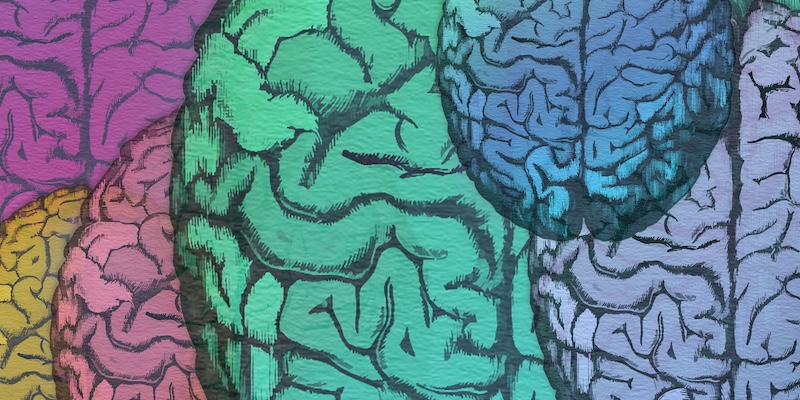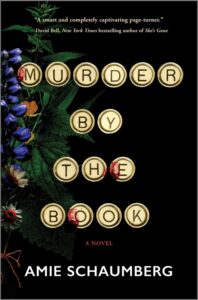I first encountered the old axiom of write what you know as a child while watching a movie adaptation of Alcott’s Little Women, when noted rebel Jo March turns her back on the sensationalist “trash” that she had been writing to instead pen the sentimental story of her sisters.
I hated it.
My own aspiration, like young Jo’s, was to write murder stories. Despite both studying and teaching literature, I never had any ambitions toward the next Great American Novel. I wanted to spin tales with creeping shadows, tangled clues, and vicious villains. I wanted bodies on the floor. And none of these things (thankfully) were what I knew.
But as I began drafting what would become Murder by the Book, the familiar seeped in without intention. The museum setting I’d envisioned drifted onto a college campus. Shakespeare and Mallory, subjects of my own studies, began to speak around the artworks I’d thought to be my focus. And Emma Reilly, a literature professor, picked up the mantle of amateur detective.
It wasn’t just through Emma’s profession, however, that my own experiences began to sneak onto the page. I hadn’t fully realized what I’d done until, after reading an early draft of the book, a long-time friend told me both that Emma reminded her of me and that she found the character frustrating. She couldn’t relate to the way that Emma thought or understand her decisions. To me, both made perfect sense, and as I revised with my friend’s comments in mind, I began to understand why. Without really intending to do so, I had given Emma my brain–and my neurodivergence.
I was diagnosed with ADHD (now known as Inattentive ADD) as a child and have long felt a sense of otherness, though I wouldn’t find that word until grad school. Casual comments, both kind and cruel, made it clear from an early age that most people don’t process the world the way that I do. As I’d created Emma, I’d placed her on the outside as well. My friend made it clear that some readers might find Emma alienating, and I worried that I was setting her up for failure before she’d found her first clue.
When I first began introducing Emma to the world, early notes from rejecting agents seem to confirm that fear. They wanted her to be “stronger” and more self-assured; they wanted her to kick ass, take names, and get her guy in the end. But that wasn’t the Emma I had created, nor was it one that fit a neurodivergent experience that I understood. That left me with the choice to rewrite Emma to be more neurotypical or to embrace her differences.
I decided to write what I know.
Luckily, I found first an agent and then an editor who saw Emma’s differences as her strength. During the editing process, there were still notes and suggestions that would have bent Emma into a more neurotypical shape, but I did my best to keep her true to who she was and wasn’t. I knew that I had made the right choice when–on a passage in which I described Emma’s desire to be normal, even for one night–my sensitivity reader commented, “She doesn’t need to be normal, but I relate to this feeling so hard.”
The final decision I had to make about Emma and her otherness was whether or not to label it. There were a lot of discussions between me, my agent, and my editor about whether or not to give Emma a diagnosis. Ultimately, I decided not to because while Emma may have my brain, she isn’t me. I was, frankly, lucky to get diagnosed as a child because I had a mother who was both an educator and a social worker, an advocate perfectly situated to make sure that I had the resources and support that I needed. However, many young neurodivergent girls are not recognized as such; instead, they are either encouraged or scolded into conformity, and they learn to mask their differences at an early age. It felt much more realistic–and sadly poetic–for Emma to be neorodivergent without knowing it, simply going through the world with an ambiguous sense of being “not that” without the language to describe it.
I also didn’t want to set up her, or Murder by the Book more broadly, to be measured against a checklist of whatever diagnosis I gave her. I sincerely hope that my neurodivergent readers feel represented in Emma’s experiences, even if they don’t share my exact flavor of neurodivergence. But more than that, I hope all of my readers see Emma’s story as Emma’s, embracing the differences along with the familiarities.
I realize some readers will instead find Emma frustrating or unlikable. But there’s something fitting in that; part of her journey in the novel is recognizing that her value lies in her uniqueness. She just needs to embrace the significance of what she knows.
***


















